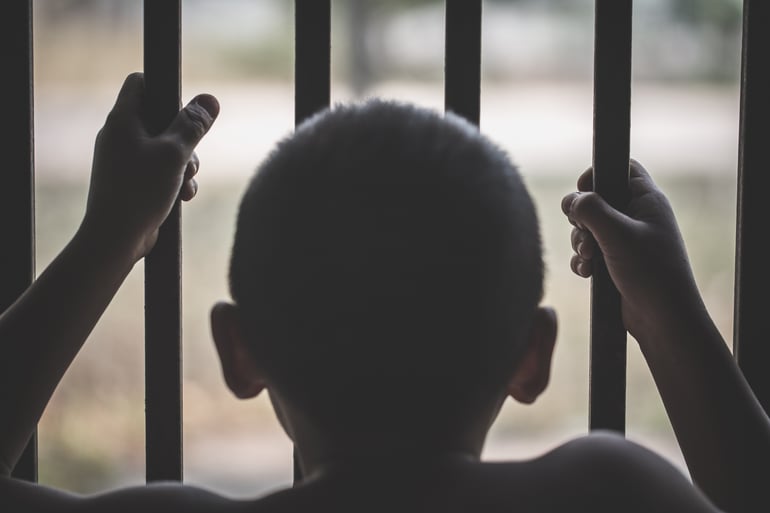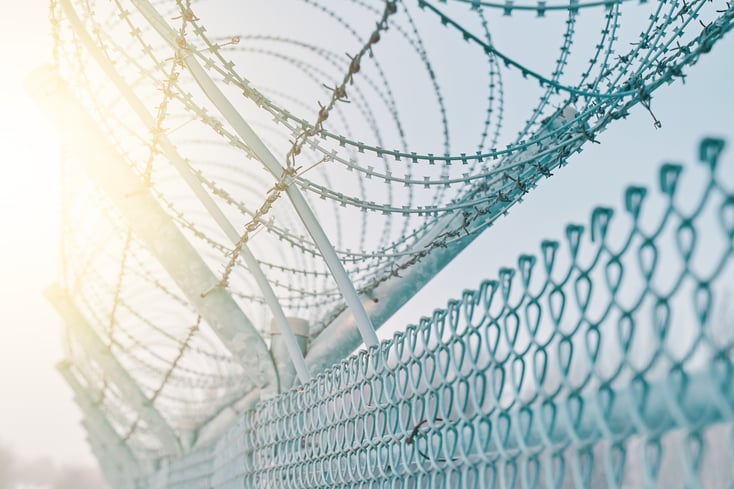 Picture a juvenile detention center. You might envision long hallways filled with cells that house justice-involved adolescents, a dull colored cafeteria, or barbed wire fences. Now picture 625 of those in the United States. These types of centers normally replicate an adult prison with limited resources. According to Prison Policy Initiative, two-thirds of confined youth are held in the most restrictive facilities, the juvenile justice versions of jails and prisons. Although the majority of these youth are detained in detention centers, there are many other forms of facilities typically hidden by euphemisms that proliferate the system.
Picture a juvenile detention center. You might envision long hallways filled with cells that house justice-involved adolescents, a dull colored cafeteria, or barbed wire fences. Now picture 625 of those in the United States. These types of centers normally replicate an adult prison with limited resources. According to Prison Policy Initiative, two-thirds of confined youth are held in the most restrictive facilities, the juvenile justice versions of jails and prisons. Although the majority of these youth are detained in detention centers, there are many other forms of facilities typically hidden by euphemisms that proliferate the system.

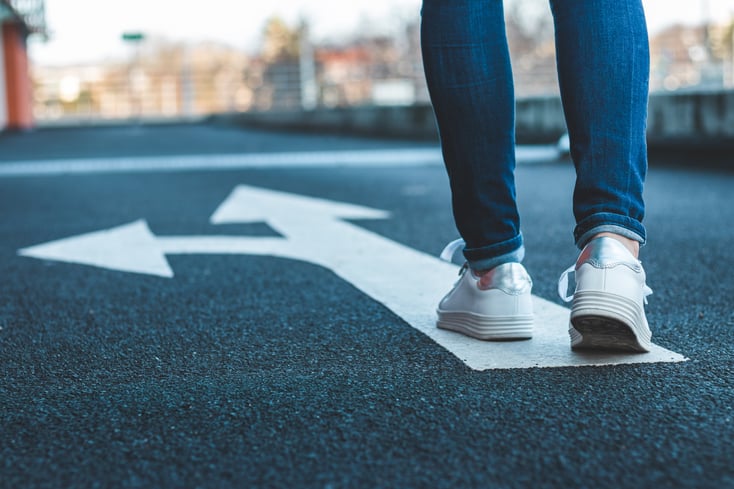 Over the past few decades, the United States’ primary solution for juvenile offenders has been incarceration, or in other words, placement in juvenile correction facilities. However, after many studies, this way of holding troubled youth accountable for their actions may not be the best option for all. The
Over the past few decades, the United States’ primary solution for juvenile offenders has been incarceration, or in other words, placement in juvenile correction facilities. However, after many studies, this way of holding troubled youth accountable for their actions may not be the best option for all. The 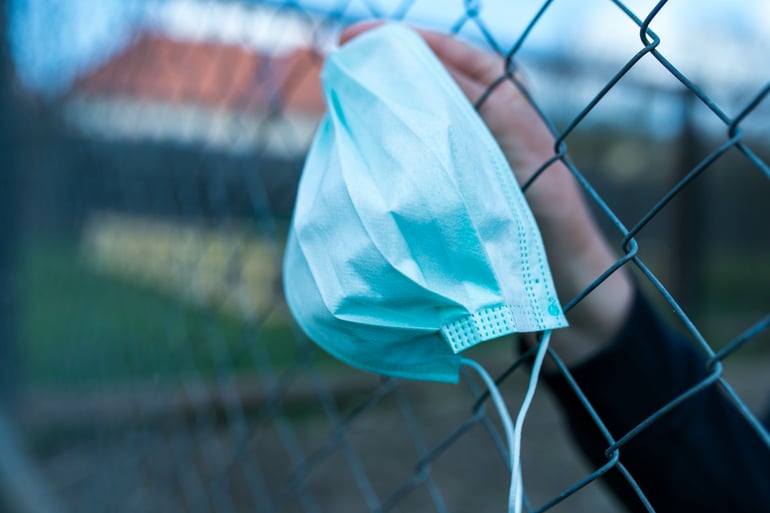
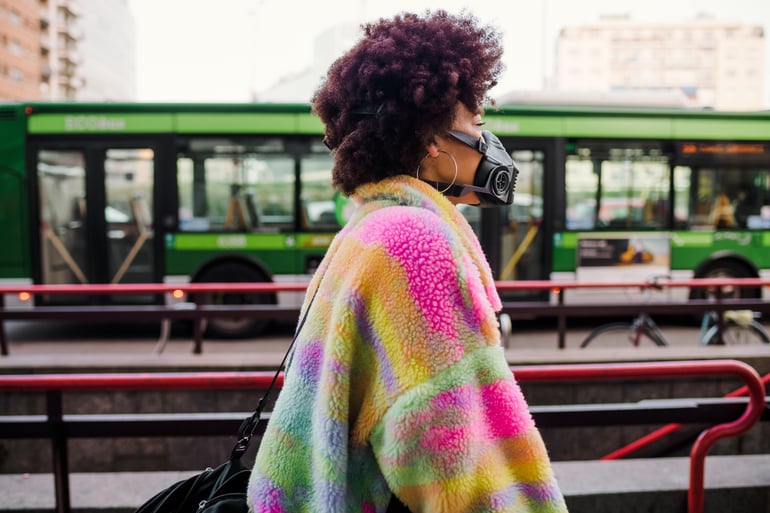

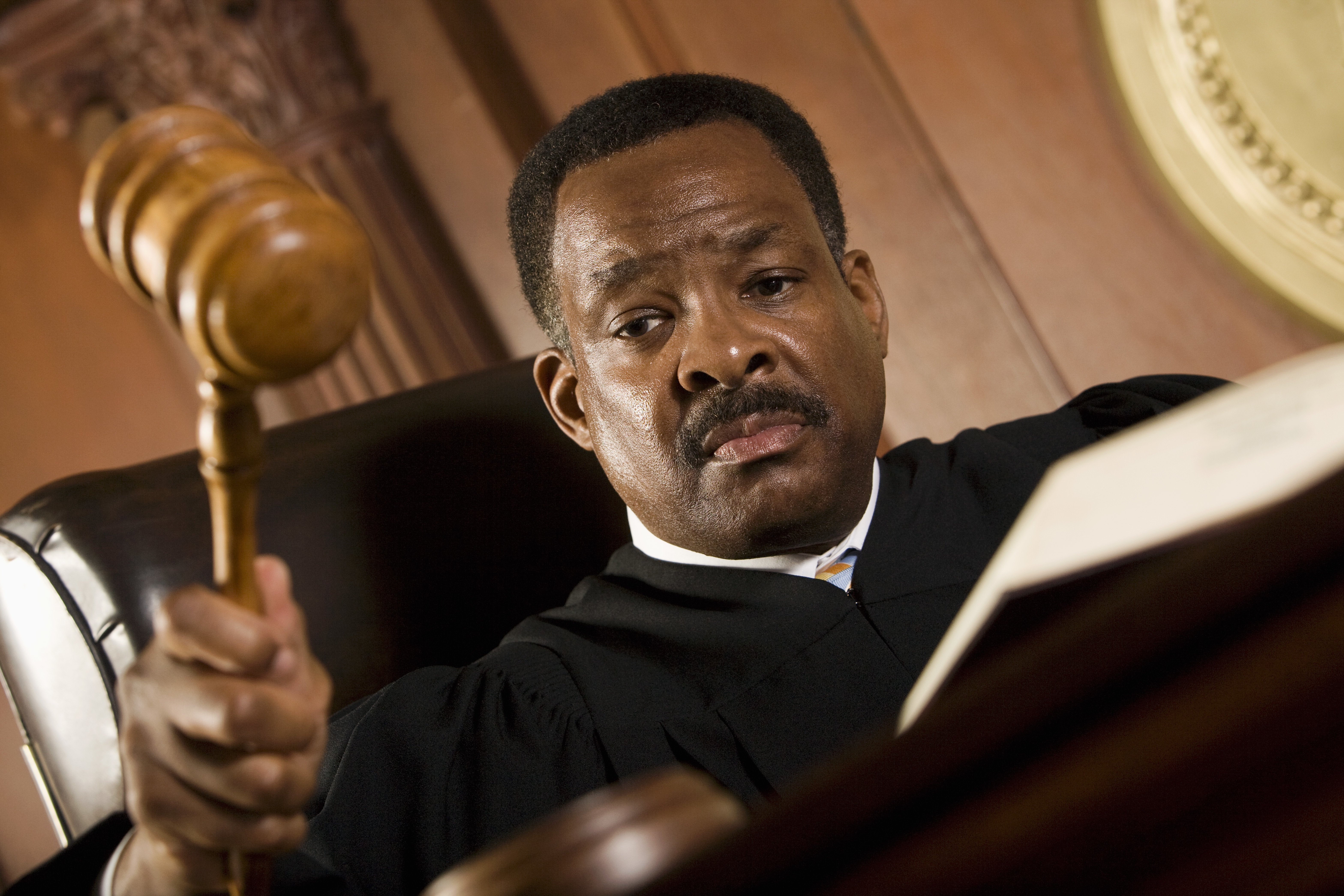 Our society finds itself asking why do we sentence, probate and incarcerate so many young people while forgetting the frailties of adolescents? Juvenile justice reform is occurring in many states. Often judges are the leaders or at the center of these efforts. Why are judges taking on this new role, and why are communities looking to them for leadership? It is always helpful to look back to see how we got here. We can then better answer those questions.
Our society finds itself asking why do we sentence, probate and incarcerate so many young people while forgetting the frailties of adolescents? Juvenile justice reform is occurring in many states. Often judges are the leaders or at the center of these efforts. Why are judges taking on this new role, and why are communities looking to them for leadership? It is always helpful to look back to see how we got here. We can then better answer those questions.
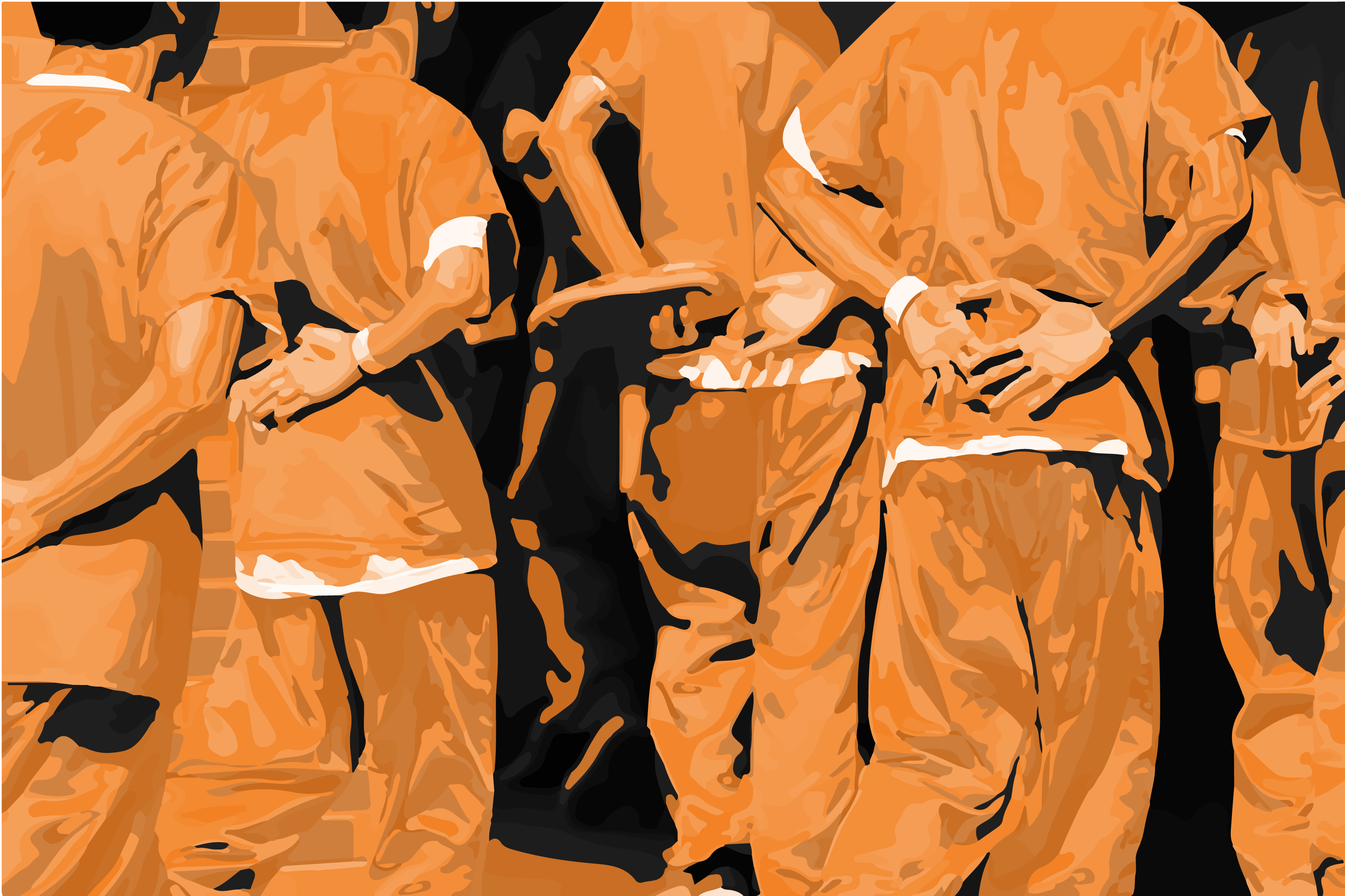 Life is often full of obstacles that make growing up a difficult road to navigate for at-risk youth. From poverty and physical abuse to drug and alcohol use, teens frequently run into
Life is often full of obstacles that make growing up a difficult road to navigate for at-risk youth. From poverty and physical abuse to drug and alcohol use, teens frequently run into 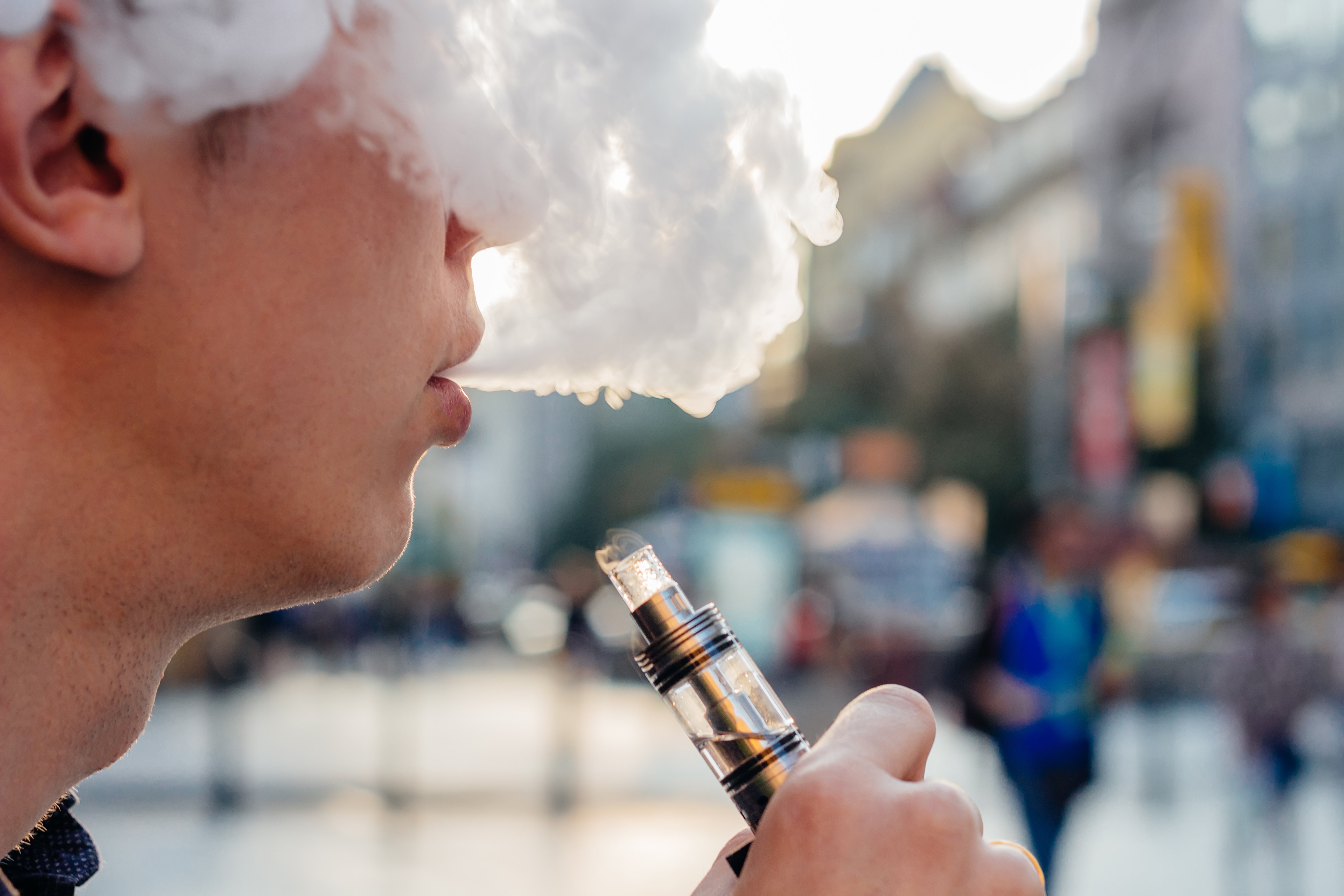 Originally created with the intention of aiding adults in quitting traditional cigarettes, e-cigarettes have been finding their way into the hands of teenagers in recent years with an ever-increasing frequency. In 2011, less than five percent of teenagers reported using e-cigarettes; by 2018, that number had jumped to more than 37 percent. Despite being touted as a “safe” and even “healthy” alternative to traditional tar-and-chemical-laden cigarettes, most e-cigarettes still contain nicotine, which has long been known as an addictive substance. And that’s at the heart of the issue of teen e-cigarette use, says Nora D. Volkow, the director of the National Institute on Drug Abuse, “It is urgent that teens understand the possible effects of vaping on overall health, the development of the teen brain and the potential for addiction.”
Originally created with the intention of aiding adults in quitting traditional cigarettes, e-cigarettes have been finding their way into the hands of teenagers in recent years with an ever-increasing frequency. In 2011, less than five percent of teenagers reported using e-cigarettes; by 2018, that number had jumped to more than 37 percent. Despite being touted as a “safe” and even “healthy” alternative to traditional tar-and-chemical-laden cigarettes, most e-cigarettes still contain nicotine, which has long been known as an addictive substance. And that’s at the heart of the issue of teen e-cigarette use, says Nora D. Volkow, the director of the National Institute on Drug Abuse, “It is urgent that teens understand the possible effects of vaping on overall health, the development of the teen brain and the potential for addiction.”